The recent launch of Zara's 'AI Stylist' feature has sparked a heated debate about the role of algorithmic recommendations in fashion and their potential to exacerbate body image issues. While the tool promises personalized outfit suggestions, critics argue that its underlying biases may reinforce unrealistic beauty standards, particularly for women. The controversy highlights the growing tension between technological convenience and social responsibility in the retail sector.
Zara's AI Stylist, integrated into its mobile app, uses machine learning to analyze user preferences and suggest clothing items. The feature was marketed as a way to simplify shopping and offer tailored fashion advice. However, users quickly noticed that the recommendations often favored slim-fitting garments and emphasized certain body types, leaving those outside these narrow parameters feeling excluded. Social media platforms became flooded with complaints, with many accusing the algorithm of promoting a homogenized and unattainable ideal.
The backlash intensified when several influencers shared side-by-side comparisons of the AI's suggestions for different body types. In many cases, curvier users received recommendations for looser, more conservative clothing, while their slimmer counterparts were shown form-fitting, trend-driven pieces. This disparity led to accusations that the algorithm was perpetuating outdated stereotypes about how different bodies "should" dress. Critics argue that such algorithmic bias doesn't just reflect existing societal prejudices but actively reinforces them through repeated exposure.
Zara responded to the criticism by stating that their AI Stylist is still in its learning phase and improves with more user interaction. The company emphasized that the technology wasn't intended to make judgments about body types but rather to match clothing items based on purchase history and browsing behavior. However, this explanation did little to quell the discontent, with many pointing out that the very data sets used to train these algorithms often contain inherent biases that go unquestioned.
Psychologists specializing in body image issues have weighed in on the controversy, noting that such algorithmic recommendations can have real psychological impacts. Constant exposure to clothing suggestions that don't accommodate diverse body types can contribute to feelings of inadequacy and self-doubt, particularly among young users. The problem becomes compounded when these AI systems position themselves as authoritative sources of fashion advice, potentially making users more likely to internalize their suggestions as objective truths about what looks "good."
The Zara controversy reflects broader concerns about how AI is being deployed in the fashion industry. From virtual try-on features to personalized styling services, algorithms are increasingly mediating the relationship between consumers and clothing. While these technologies offer convenience, they also risk automating and scaling up existing industry problems like size exclusion and narrow beauty standards. The question many are now asking is whether these systems can be redesigned to promote body positivity rather than undermine it.
Some technology ethicists suggest that the solution lies in more diverse training data and intentional programming to counteract biases. This would require fashion brands to collaborate with a wider range of body types during the development phase and establish ethical guidelines for AI recommendations. Others argue that the very premise of algorithmic styling needs rethinking - perhaps these tools should focus less on prescribing "flattering" outfits and more on helping users discover styles that align with their personal expression, regardless of body shape.
As the debate continues, Zara finds itself at the center of a crucial moment for the fashion tech industry. The company's response could set important precedents for how AI is used in retail moving forward. What began as a seemingly innocuous feature has evolved into a discussion about corporate responsibility in the age of algorithmic decision-making. The outcome may determine whether fashion technology becomes a force for inclusion or yet another tool that reinforces exclusionary standards.
The controversy also raises questions about consumer expectations in the digital shopping experience. While many appreciate personalized recommendations, there's growing resistance to having algorithms make presumptions about personal style based on physical characteristics. This tension points to a larger cultural shift where users are demanding more control over how their data is used and more transparency about how these systems operate.
Looking ahead, the Zara case may prompt stricter scrutiny of AI applications in fashion. Regulatory bodies in several countries are already considering guidelines for algorithmic transparency, particularly in industries that significantly impact self-perception and mental health. Some activists are calling for mandatory audits of these systems to assess their social impact before deployment. As AI becomes more sophisticated, the fashion industry may need to balance innovation with ethical considerations more carefully than ever before.
Ultimately, the 'AI Stylist' controversy underscores how quickly technology can outpace our understanding of its social consequences. What was designed as a convenient shopping tool has become a lightning rod for discussions about beauty standards, algorithmic bias, and corporate accountability. As fashion and technology continue to converge, the industry faces a critical choice: will it use these powerful tools to expand notions of beauty or to digitize existing limitations? The answer to this question may define the future of retail in the algorithmic age.

By /Jul 24, 2025

By /Jul 24, 2025

By /Jul 24, 2025

By /Jul 24, 2025
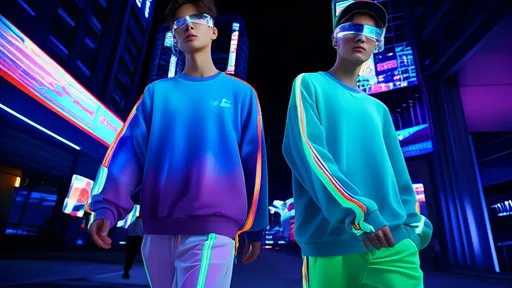
By /Jul 24, 2025
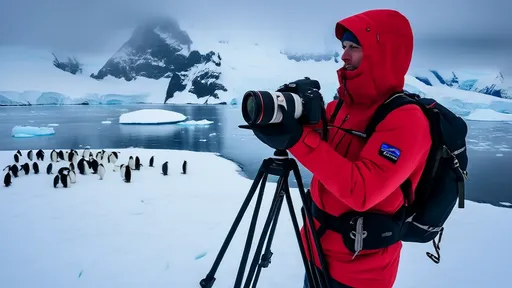
By /Jul 24, 2025

By /Jul 24, 2025
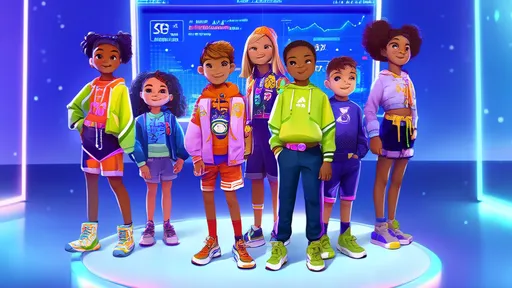
By /Jul 24, 2025
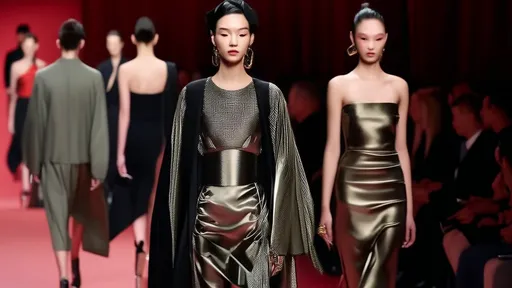
By /Jul 24, 2025

By /Jul 24, 2025
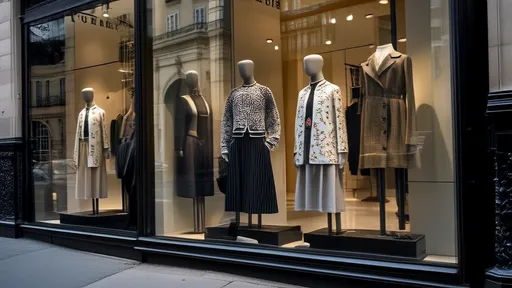
By /Jul 24, 2025

By /Jul 24, 2025

By /Jul 24, 2025

By /Jul 24, 2025

By /Jul 24, 2025

By /Jul 24, 2025
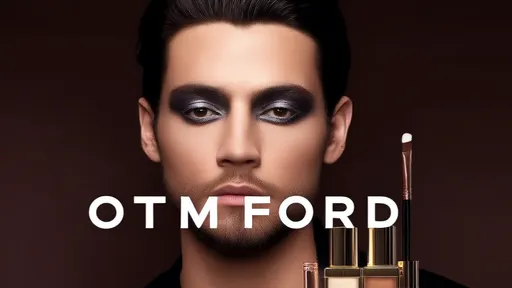
By /Jul 24, 2025

By /Jul 24, 2025